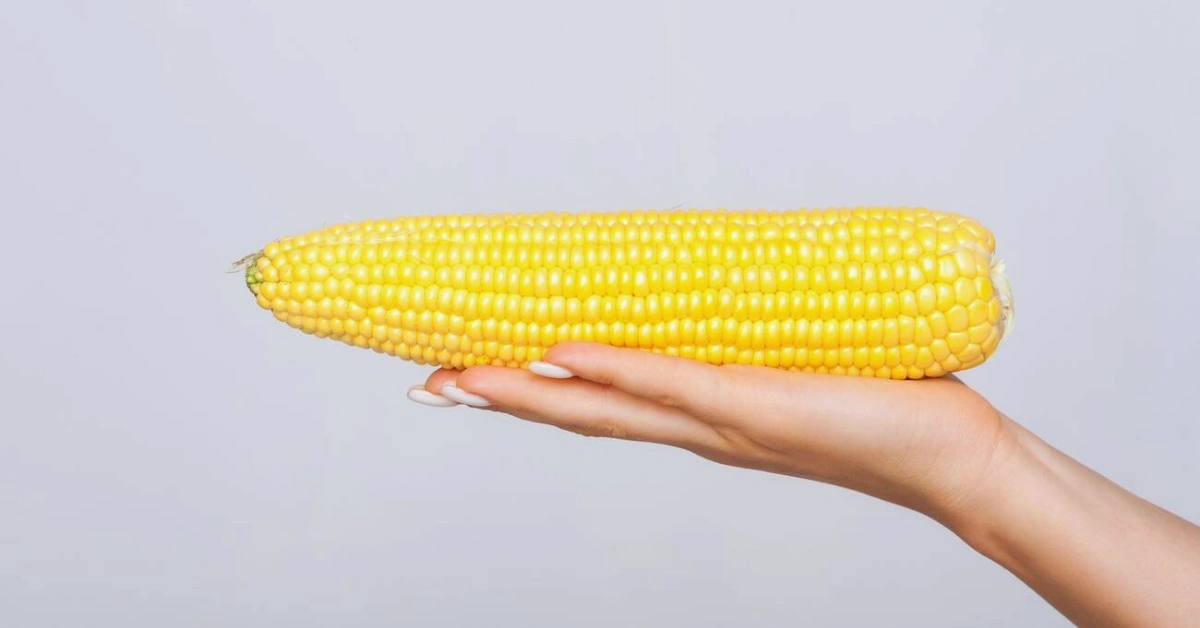Corn, a staple food enjoyed worldwide, has long been a topic of debate when it comes to weight loss. While some may question its place in a healthy diet, corn can offer surprising benefits for those looking to shed a few pounds. In this blog post, we’ll explore the nutritional value of corn and how it can be incorporated into a weight loss plan.
Key Takeaways
- Corn is a nutrient-dense food, rich in fiber, vitamins, and minerals that support a healthy diet.
- Incorporating corn into meals can promote feelings of fullness and reduce overall calorie intake.
- Corn’s nutrients can support metabolism and energy levels, which are crucial for weight loss success.
Nutritional Value Of Corn
Corn is often underestimated for its nutritional value. A single cup of corn contains a significant amount of fiber, which is essential for maintaining a healthy digestive system and promoting feelings of fullness. Fiber helps slow down the digestion process, keeping you satisfied for longer periods and reducing the likelihood of overeating.
In addition to fiber, corn is packed with essential vitamins and minerals. It is a good source of vitamin C, which supports a healthy immune system, and vitamin B6, which plays a role in protein metabolism. Corn also contains potassium, magnesium, and phosphorus, all of which contribute to overall health and well-being.
Can eating corn lose weight?
The answer is yes, incorporating corn into a balanced diet can support weight loss efforts. A study published in the Journal of Nutrition found that consuming whole grains, including corn, was associated with lower body weight and reduced risk of obesity.
The fiber content in corn is a key factor in its weight loss potential. By promoting feelings of fullness and reducing overall calorie intake, corn can help individuals stick to their weight loss goals. Additionally, the nutrients found in corn can support metabolism and provide sustained energy, which is crucial for maintaining an active lifestyle and burning calories.
How to incorporate corn into your diet?
Incorporating corn into your meals is easy and versatile. Here are some ideas to get you started:
- Add corn kernels to salads for a pop of sweetness and extra fiber.
- Mix corn into soups or chili for a hearty and satisfying meal.
- Grill corn on the cob for a delicious and healthy side dish.
- Stir-fry corn with your favorite vegetables and lean protein for a quick and nutritious dinner.
Try this simple and delicious recipe: Corn and Black Bean Salad
Ingredients:
- 2 cups cooked corn kernels
- 1 can black beans, drained and rinsed
- 1 diced red bell pepper
- 1/4 cup chopped fresh cilantro
- 2 tablespoons lime juice
- 1 tablespoon olive oil
- Salt and pepper to taste
Instructions:
- In a large bowl, combine corn, black beans, bell pepper, and cilantro.
- In a small bowl, whisk together lime juice, olive oil, salt, and pepper.
- Pour the dressing over the corn mixture and toss to coat.
- Serve chilled or at room temperature.
How Can Corn Help With Weight Loss?
The fiber in corn plays a significant role in weight loss by promoting feelings of fullness and reducing overall calorie intake. When you feel satisfied after a meal, you’re less likely to snack on unhealthy foods or overeat at your next meal.
Corn’s nutrients also support metabolism and energy levels, which are essential for weight loss success. A well-functioning metabolism helps your body efficiently burn calories, while sustained energy levels keep you motivated to stay active and maintain a healthy lifestyle.
Other Benefits Of Corn
Beyond its weight loss potential, corn offers other health benefits. It contains antioxidants, such as lutein and zeaxanthin, which are important for eye health and may reduce the risk of age-related macular degeneration.
However, it’s important to note that corn is relatively high in carbohydrates compared to other vegetables. While this isn’t necessarily a bad thing, those following low-carb diets may need to monitor their portion sizes or opt for other low-carb vegetable options.
Conclusion
Corn can be a valuable addition to a weight loss diet when consumed as part of a balanced eating plan. Its high fiber content, nutrients, and versatility make it a smart choice for those looking to shed pounds and maintain overall health.
By incorporating corn into your meals, you can promote feelings of fullness, support metabolism, and provide your body with essential vitamins and minerals. So, the next time you’re grocery shopping or planning your meals, don’t overlook the humble corn – it might just be the weight loss ally you’ve been searching for.
FAQs
A: One cup of corn contains approximately 130 calories, which is relatively low compared to many other carbohydrate sources.
A: While corn is higher in carbs than some other vegetables, it can still be enjoyed in moderation on a low-carb diet. Be mindful of portion sizes and consider balancing your intake with lower-carb options.
Air-popped popcorn, without added butter or oil, can be a healthy and fiber-rich snack option for weight loss. However, be cautious of pre-packaged or movie theater popcorn, which often contains added fats and calories.
A: For most people, consuming corn is safe and beneficial. However, some individuals may have a corn allergy or intolerance, which can cause digestive issues or allergic reactions. If you suspect an allergy or intolerance, consult with a healthcare professional.

